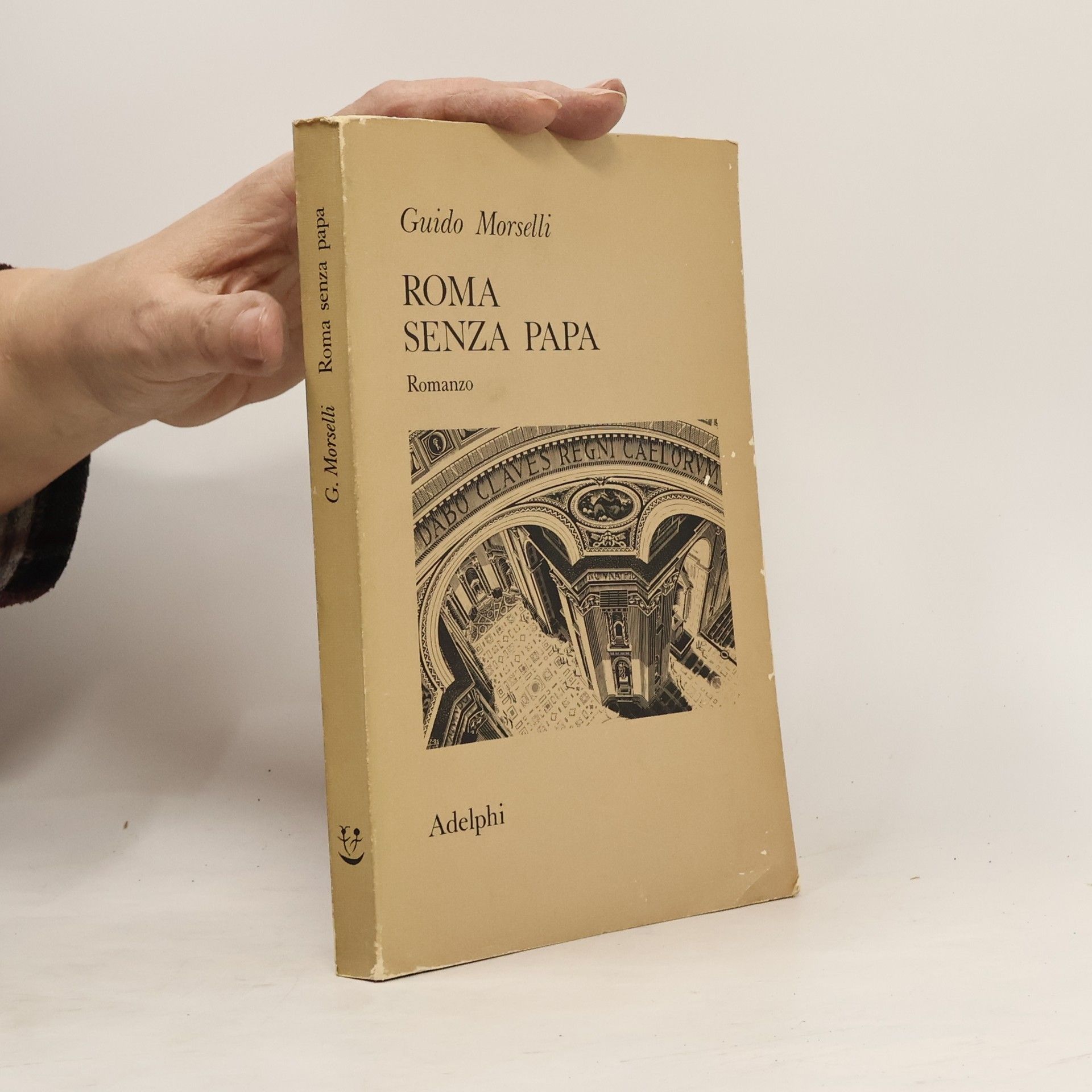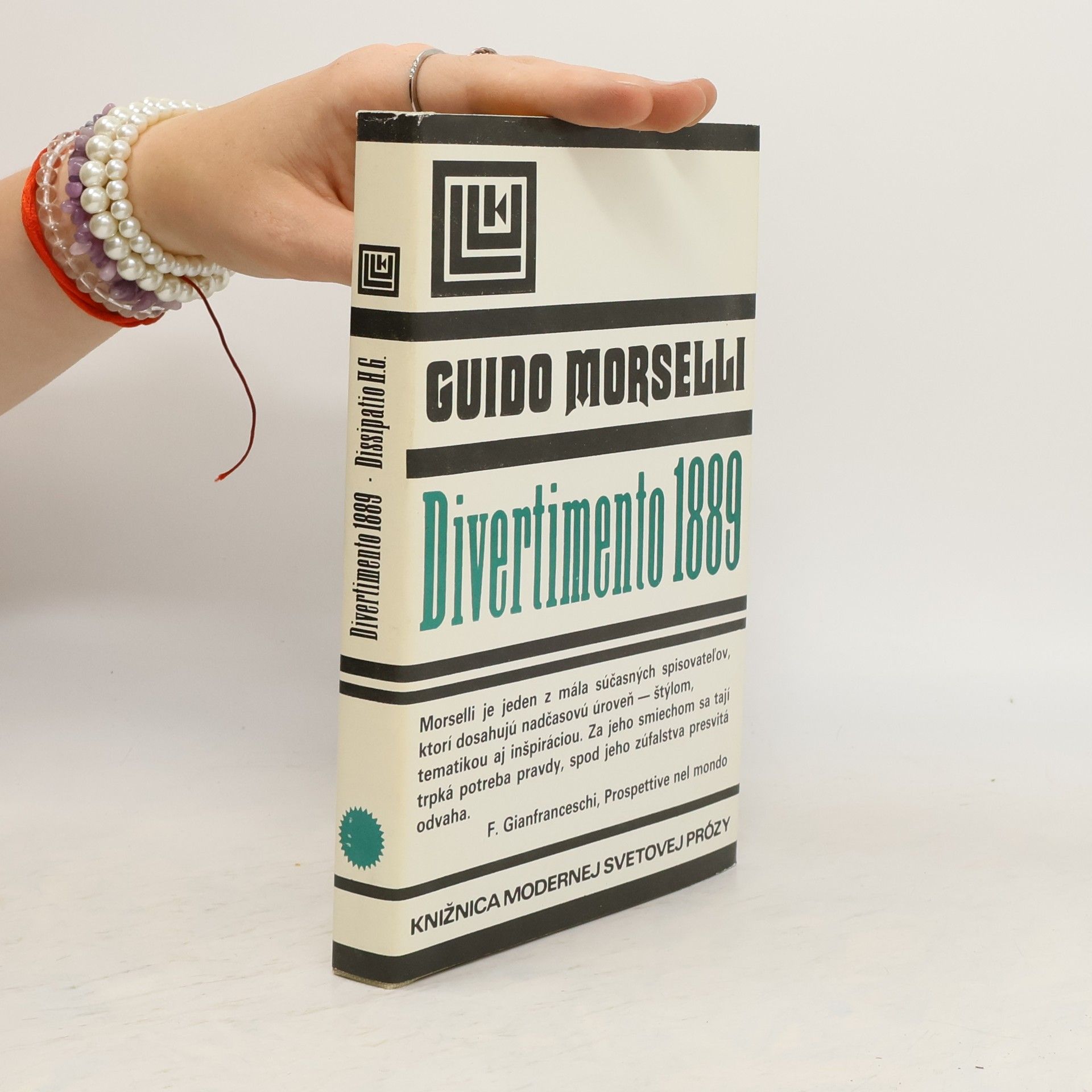A fantastic and philosophical vision of the apocalypse by one of the most striking Italian novelists of the twentieth century. From his solitary buen retiro in the mountains, the last man on earth drives to the capital Chrysopolis to see if anyone else has survived the Vanishing. But there’s no one else, living or dead, in that city of “holy plutocracy,” with its fifty-six banks and as many churches. He’d left the metropolis to escape his fellow humans and their struggles and ambitions, but to find that the entire human race has evaporated in an instant is more than he had bargained for. Meanwhile, life itself—the rest of nature—is just beginning to flourish now that human beings are gone. Guido Morselli’s arresting postapocalyptic novel, written just before he died by suicide in 1973, depicts a man much like the author himself—lonely, brilliant, difficult—and a world much like our own, mesmerized by money, speed, and machines. Dissipatio H.G. is a precocious portrait of our Anthropocene world, and a philosophical last will and testament from a great Italian outsider.
Guido Morselli Books
Guido Morselli was an Italian author whose works are characterized by profound philosophical inquiry and a distinctive style. Though he published little during his lifetime, his posthumously released novels garnered considerable acclaim. Morselli's writing often delves into themes of solitude, identity, and the search for meaning in existence. His unique literary voice and incisive perspective on the human condition make him an author well worth discovering.
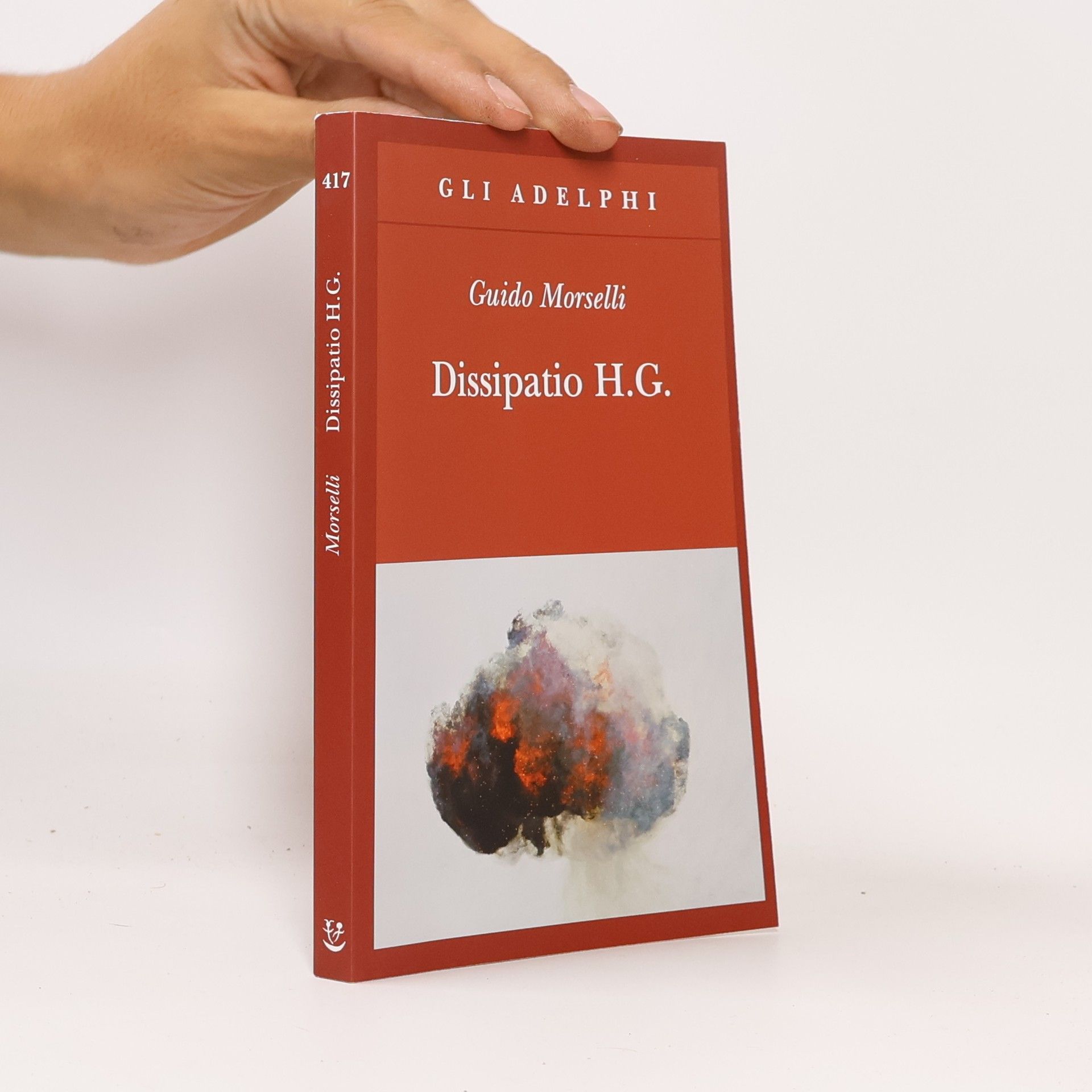

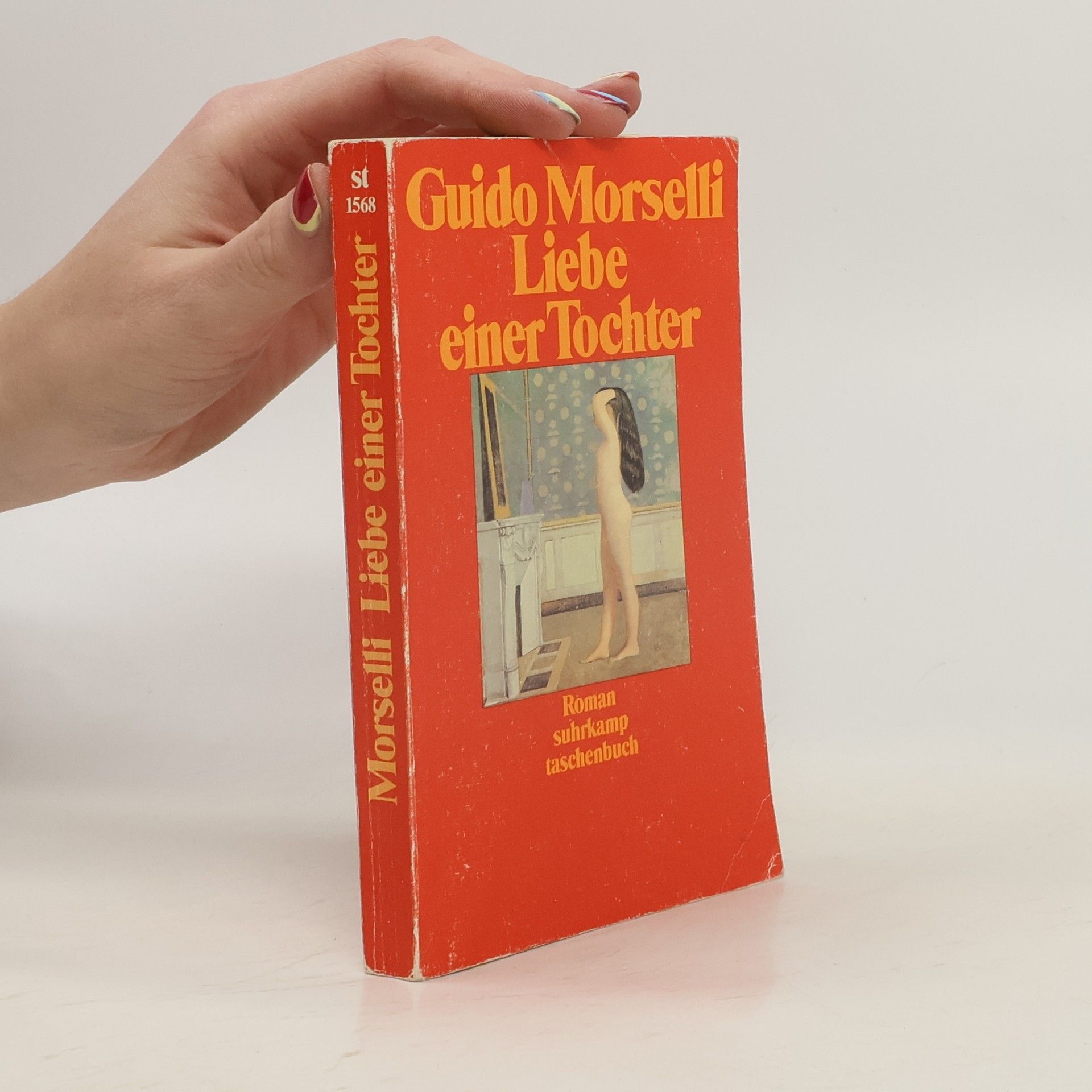
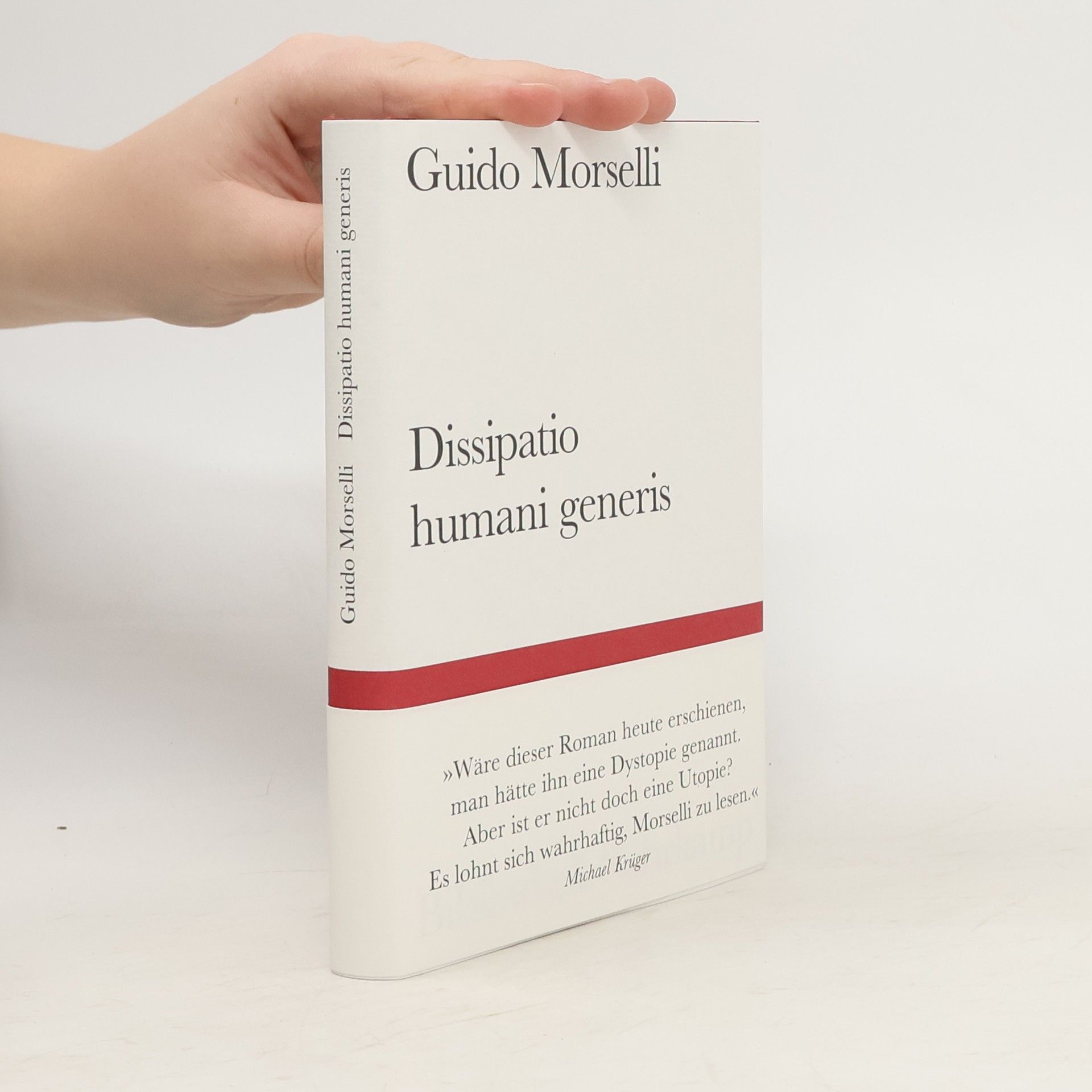
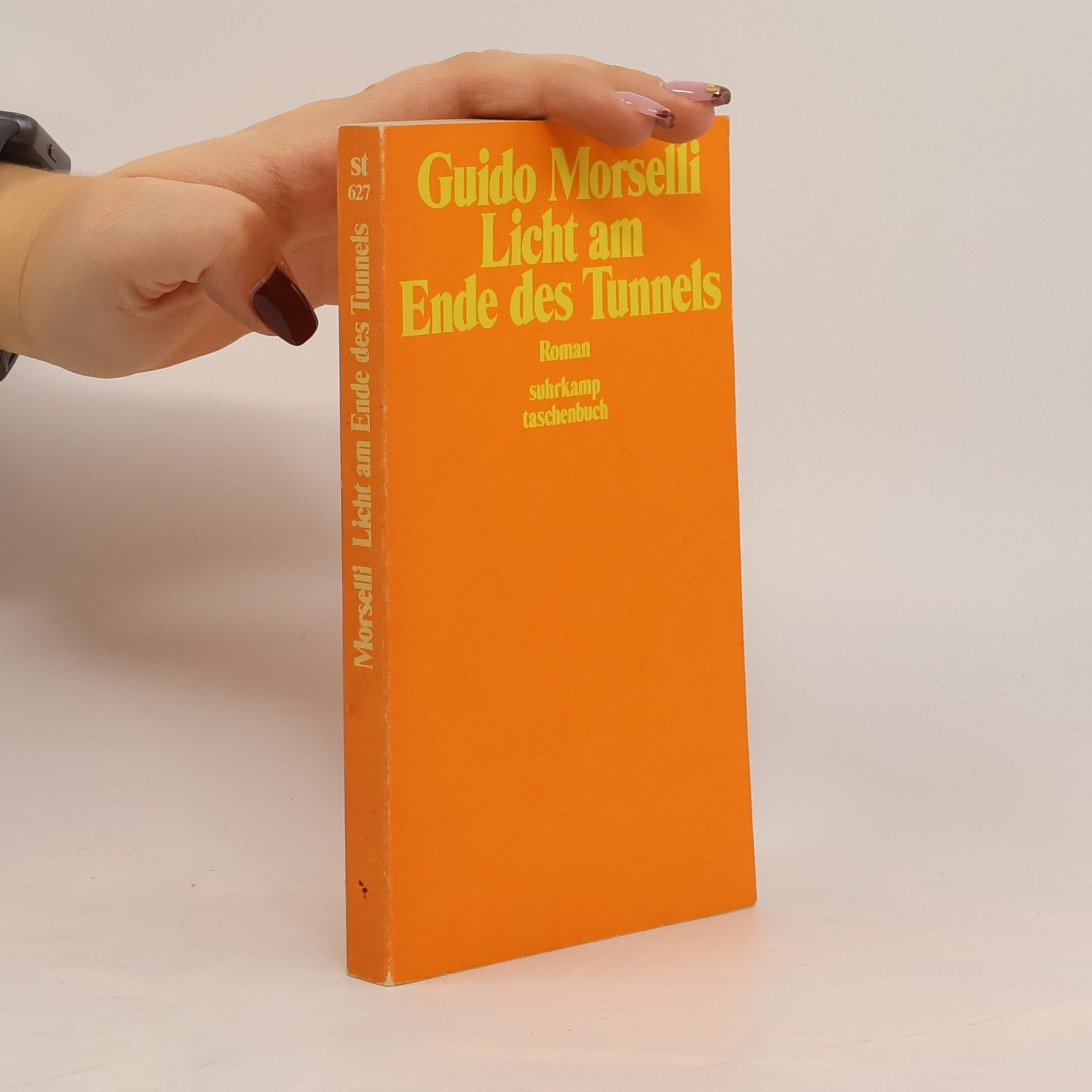
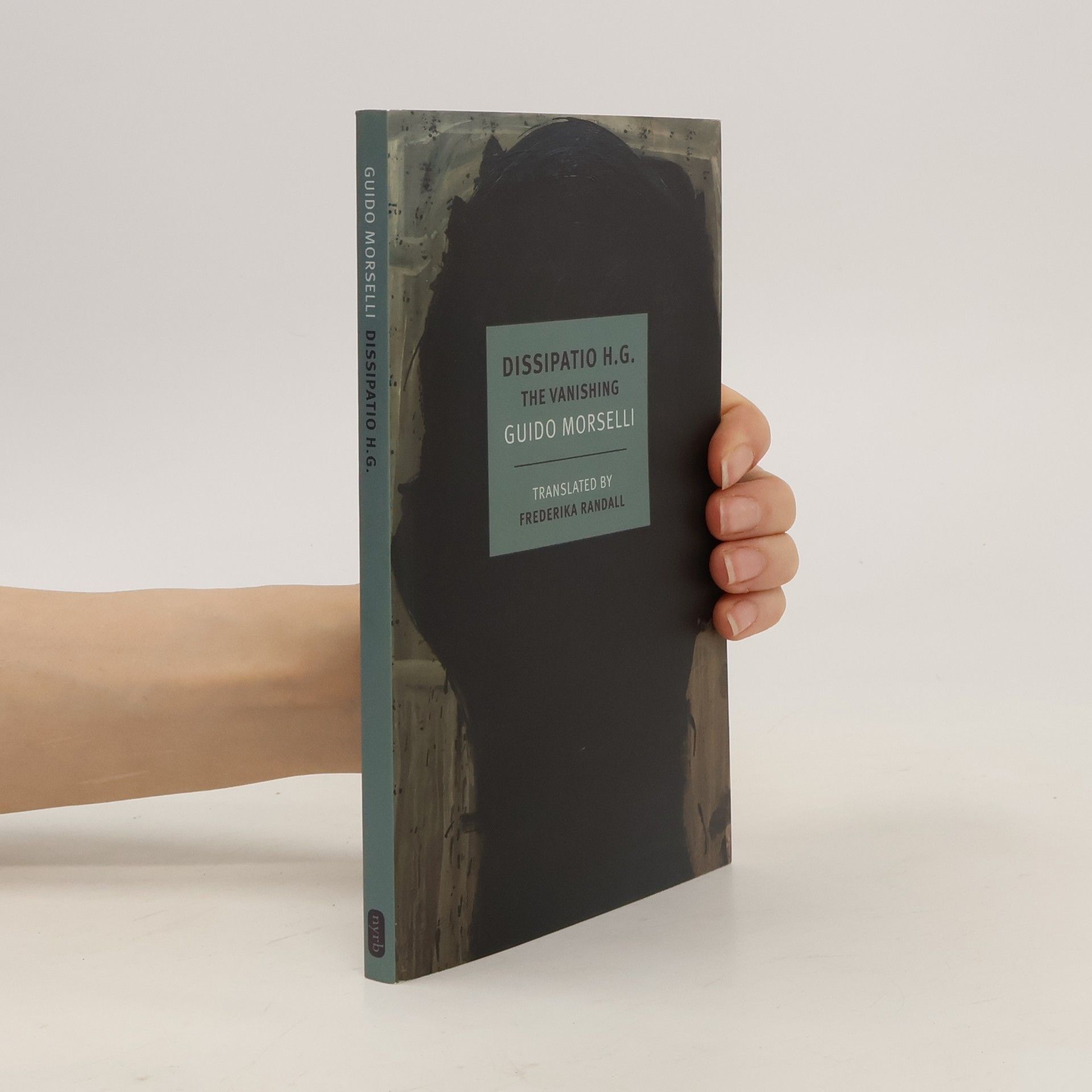
"Licht am Ende des Tunnels" von Morselli ist keine Utopie, sondern eine Alternativ-Realität. Morselli zeigt, dass ein heimlicher Alpentunnel 1916 einen erfolgreichen Überraschungsangriff der Österreicher gegen Italien ermöglicht hätte. Dies hätte den Ersten Weltkrieg zugunsten Deutschlands entschieden und eine sozialdemokratische westeuropäische Gemeinschaft hervorgebracht.
Am 2. Juni um 2 Uhr morgens verschwindet die gesamte Menschheit, lautlos und ohne Spuren zu hinterlassen. Zurück bleiben die Sachen und die Tiere, die sich schon bald mit wachsender Furchtlosigkeit hervorwagen, um die Erde wieder in ihren Besitz zu nehmen. Übriggeblieben ist außerdem: ein einziger Mensch, ein Einzelgänger, der mit der Welt nicht zurechtkam und sich in ebendieser Nacht das Leben nehmen wollte. In einer paradoxen Umkehrung wird der verhinderte Selbstmörder nun zum einzigen Repräsentanten menschlichen Lebens, zur Menschheit schlechthin. Offen bleibt dabei die Frage, ob er, der einzig verschont Gebliebene, ein Auserwählter oder ein Verdammter ist. Geschrieben kurz vor dem Freitod des Autors, ist Dissipatio ein visionäres Porträt unserer heutigen Zeit, ein philosophisches Vermächtnis und das Testament eines großen italienischen Solitärs.
Der Roman erzählt die Geschichte einer Tochter, die ihre ganze Liebesfähigkeit auf den Vater konzentriert, und dieses Vaters, der seine Zuneigung der Tochter immer deutlicher entzieht. Nach elfjähriger Trennung verbringen sie den ersten gemeinsamen Urlaub, durch die engen Verhältnisse zweier ineinandergehender Hotelzimmer ständig aufeinander angewiesen. Seit dem frühen Unfalltod ihrer Mutter ist Mimmina im Internat zur Gefangenen einer in langer Einsamkeit geschaffenen Phantasiewelt geworden. Ihrem Vater will sie Mutter, Tochter, Frau und Geliebte sein, ihn bewundert sie, erlebt ihren Körper für die Augen ihres Vaters, drängt sich zu ihm ins Bett. An ihrem Vater, einem radikalen Individualisten, der sich auf seine moralische und intellektuelle Autarkie einiges zugute hält, zerbricht Mimminas sich selbst verneinende Liebe, wird Sie ihr zur Tragödie. Als sie die Vergeblichkeit ihres Kampfes um die Liebe ihres Vaters endlich begreift, gibt sie sich den Tod.
Dissipatio humani generis oder die Einsamkeit
- 152 pages
- 6 hours of reading
Dissipatio H. G.
- 142 pages
- 5 hours of reading
«Con uno di quei suoi straordinari salti fantastici che hanno un gelo mentale matematico, Morselli ha rovesciato i termini di una corrispondenza cosmica. Il suicida è vivo, i vivi sono, non già “morti”, ma “la morte”. Morselli scrisse questo romanzo nello stesso anno in cui si tolse la vita, 1973. E forse mai era giunto ad una così calma gestione del suo astratto e lucido gioco intellettuale. Un gioco mortale e tuttavia capace di una intima grazia, oserei dire letizia». Giorgio Manganelli
Licht am Ende des Tunnels
- 237 pages
- 9 hours of reading
[Trovi un'edizione con copertina alternativa per questo ISBN qui] Roma senza papa fu il libro che rivelò Morselli. Quando il romanzo apparve, nel 1974, Giulio Nascimbeni scrisse sul «Corriere della Sera»: «La prima tentazione è di dire che c’è stato anche un Gattopardo del Nord. Viveva in luoghi profondamente lombardi, tra Gavirate e Varese. Scrisse migliaia di pagine. Sperò a lungo che gli editori si accorgessero di lui. È morto il 31 luglio dell’anno scorso. Adesso esce un suo romanzo, Roma senza papa, pubblicato dalla Adelphi, e se ne resta attoniti, come davanti a un frutto raro e inimmaginabile».
Kniha pozostáva z dvoch samostatných próz: Divertimento 1889 (1975) je ľahkým, vtipne vyrozprávaným príbehom o fiktívnom talianskom kráľovi Umbertovi I. Neškodná a nevinná historka o kráľovi v prestrojení je pláštikom, za ktorým sa skrýva odmietanie monarchie. Druhá próza – Dissipatio H.G.(1977) je príbehom o samote, o nemožnosti komunikovať a o utrpení, ktoré táto situácia vyvoláva v autorovi.


